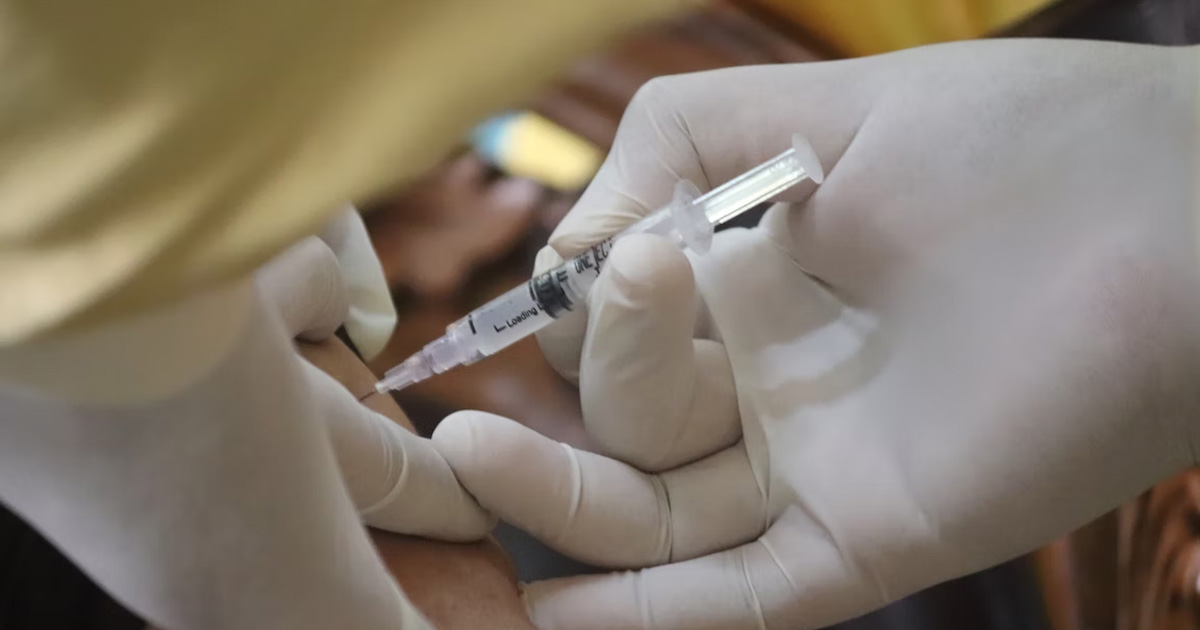Search

Noeletta McKenzie is a Champion for Change, RHDAustralia, and community representative and advocate for the START study.

Liana’s story begins nine years ago. It starts with a sore ankle, a fever, a trip to the emergency room and clinic and finally a diagnosis of acute rheumatic fever (ARF).

News & Events
Old, painful rheumatic heart disease treatment could be phased outAn international trial reveals 95% of rheumatic heart disease patients prefer less painful penicillin injections under the skin, aiming to improve treatment adherence.

News & Events
Unified response critical to address spread of ‘flesh eating’ bacteriaA surge in invasive group A streptococcal reports in Australia has prompted The Kids Research Institute Australia researchers to call for a unified national public health response, with cases tipped to increase.

News & Events
Study suggests flu vaccine may take edge off RSV casesA The Kids Research Institute Australia study has suggested the seasonal flu vaccine for children could also protect them from respiratory syncytial virus (RSV), with the dual benefit easing pressure on hospitals.

News & Events
The Kids researchers lead national trial to fight sepsis in premature infantsThe Kids Research Institute Australia researchers will lead a new national clinical trial (COSI-2) to determine whether topical coconut oil can reduce late onset sepsis in extremely preterm infants.
News & Events
IIC Perth 2019The 2019 IIC Perth is a clinical training course in childhood infectious diseases, being held in Western Australia for a second time after the success of the first event in 2016.
Contact us If you'd like to get in touch, please contact Marie Nadal-Sims by phone or email. Phone: (08) 6319 1001 Email: IICPerth@thekids.org.au All

A decade long partnership with Wesfarmers Ltd. and the Wesfarmers Centre of Vaccines and Infectious Diseases has led to world-class paediatric research and important collaborations fuelling the Centre’s trajectory towards easing the burden of infectious diseases.
The essential facts that all parents should know
